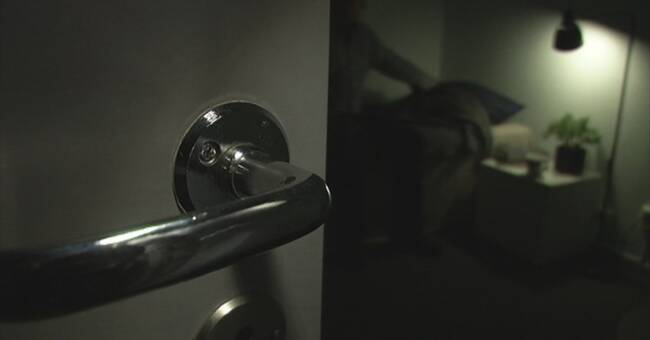The first impression of the HVB home, which is one of those run by Vägarna further care, was good.
There were certain staff at the accommodation who did their best according to the conditions, Marie thinks.
But as time went on, the family became more and more questioning:
- It got worse.
The type of crime he committed there, he has never committed at home before.
Marie states that there is a notion that treatment homes risk involving a schooling in more serious crime.
- That is why it is so important to work according to proven methods and programs.
I did not feel that they did.
Drugs and crime
During the stay at the residence, the son deviated and committed crimes and took drugs.
- That you did not have the supervision that you should have, so he had the opportunity to commit the crimes he committed - I am incredibly critical of that.
Marie's son was voluntarily placed with the support of the Social Services Act.
Then staff at the accommodation do not even have the right to go in and check if a young person remains in their room at night.
The staff had not had legal support to keep him in the accommodation if he wanted out. But you still hoped for more?
- Yes, we had.
I did not feel they could take care of our son.
I did not really think they were in control of the situation.
"Our son works well today"
The son was later moved to another HVB home.
There, the experience has been completely different, says the mother.
- They have a regular treatment program.
And we have felt safe all along.
Our son works very well today, says Marie.
SVT has sought Vägarna further care to give them the opportunity to respond to Marie's criticism.
The now head of operations writes in an e-mail to SVT Nyheter Uppsala that “Unfortunately, it is difficult for me to answer questions concerning events before 2021 at Vägarna Vidare Vård.
I can answer for how we work today. ”
Marie is actually called something else.

